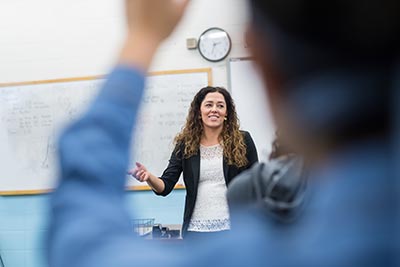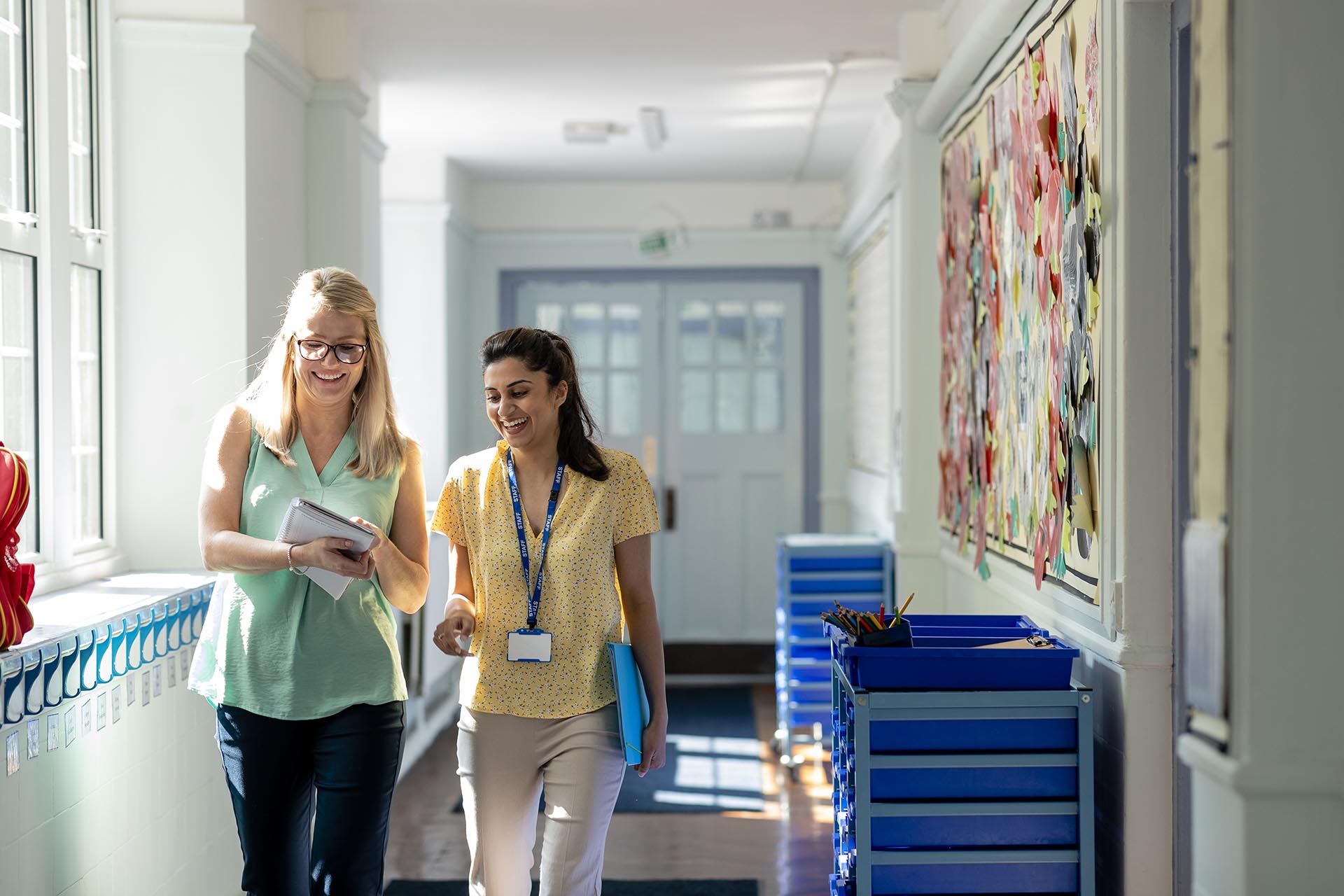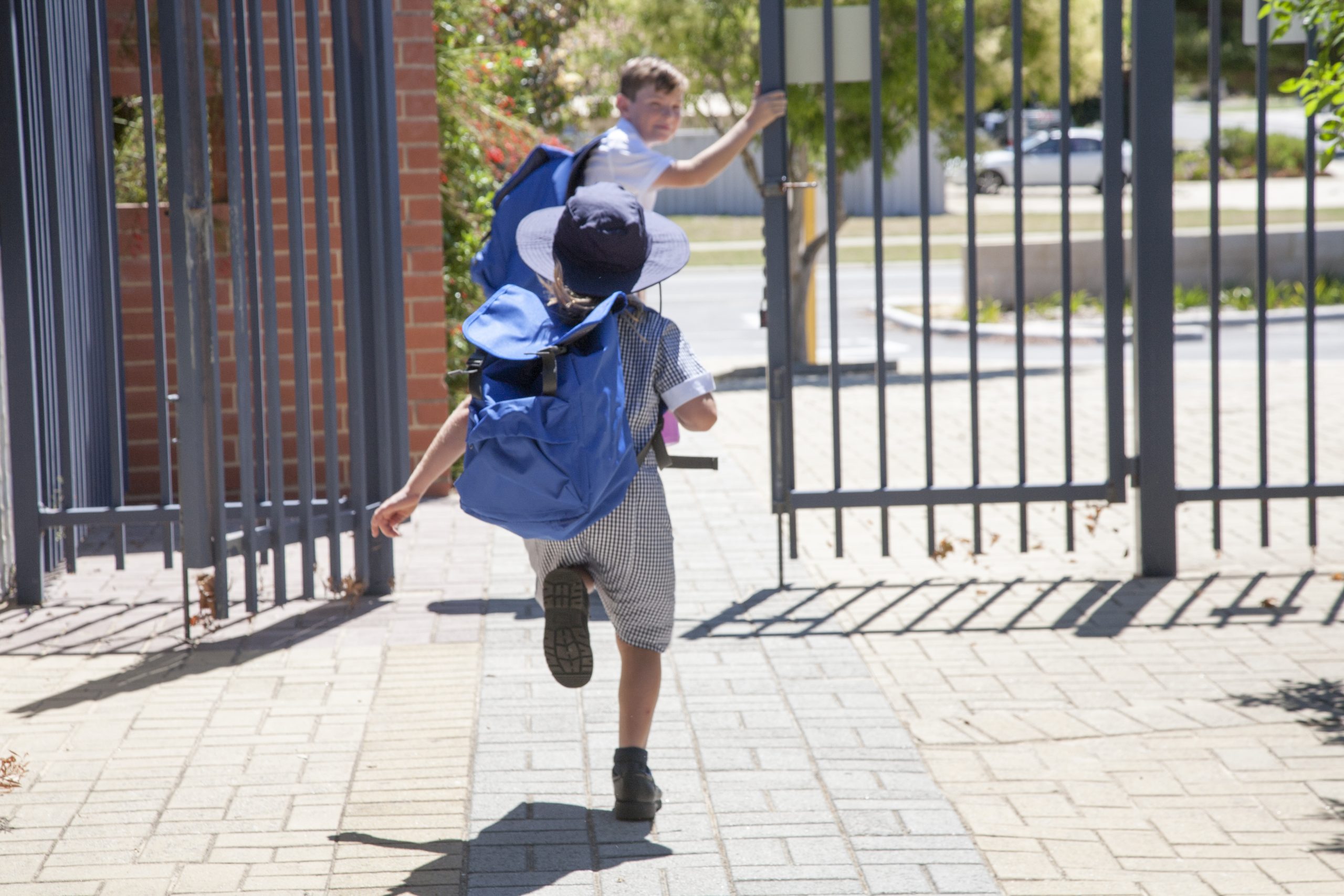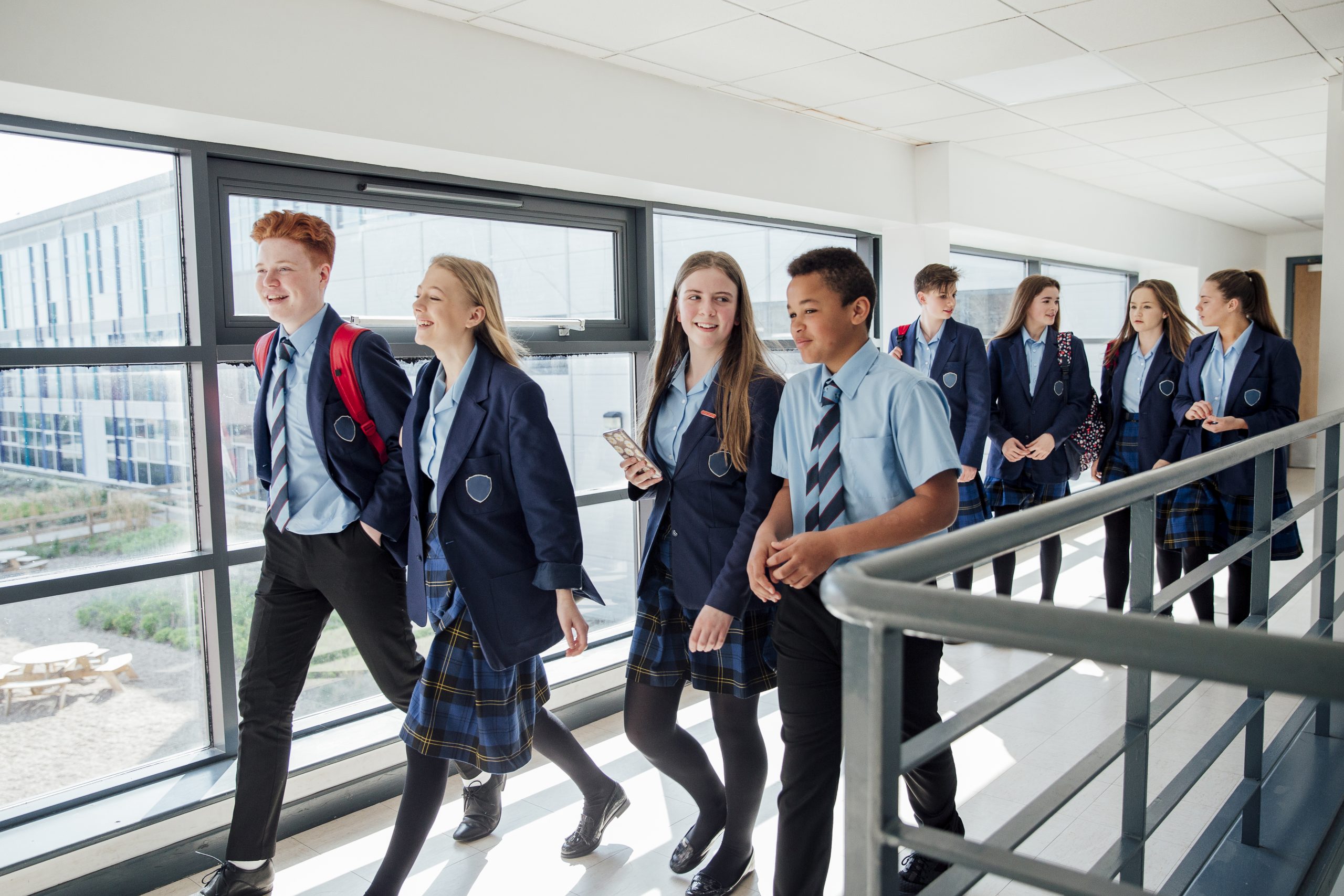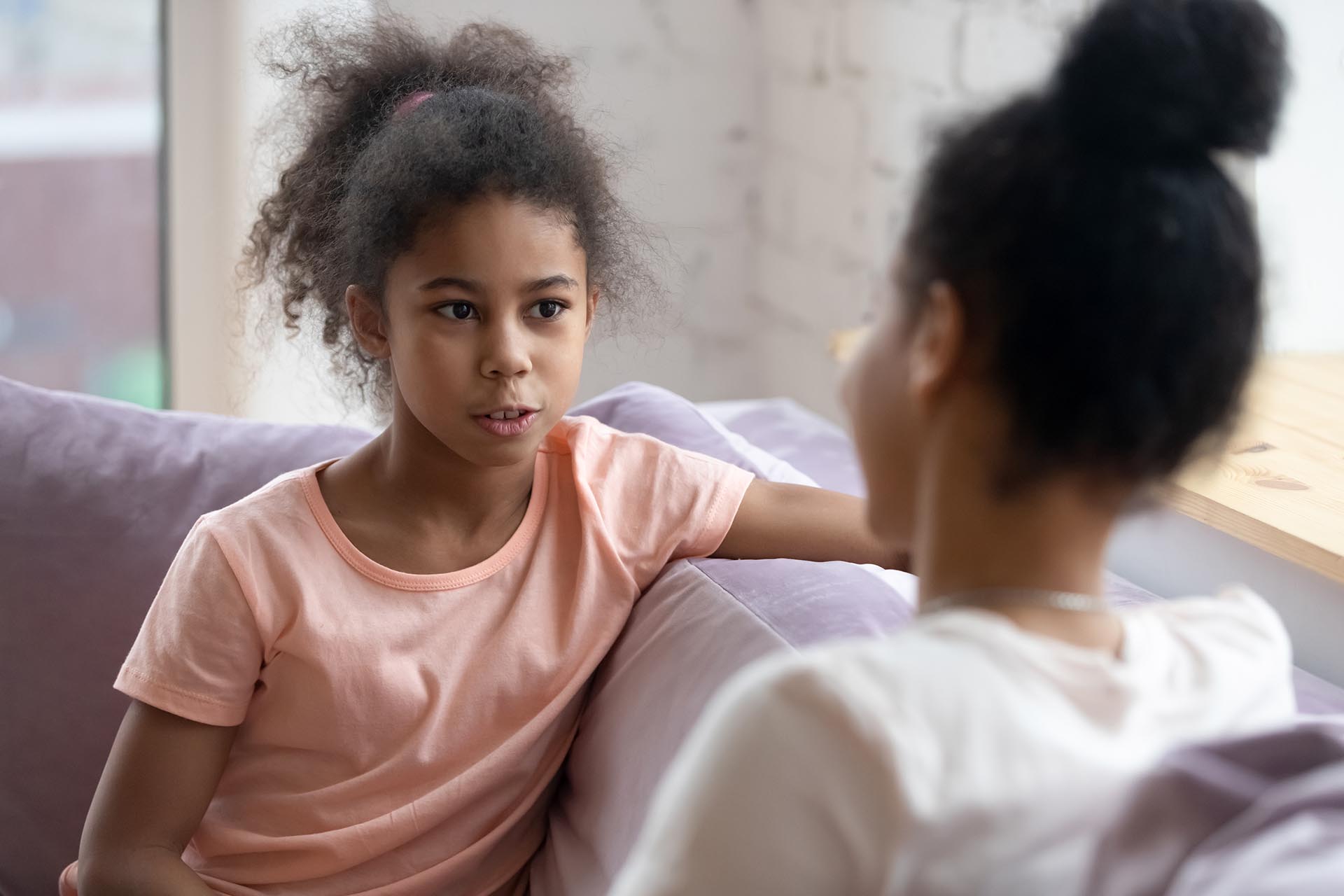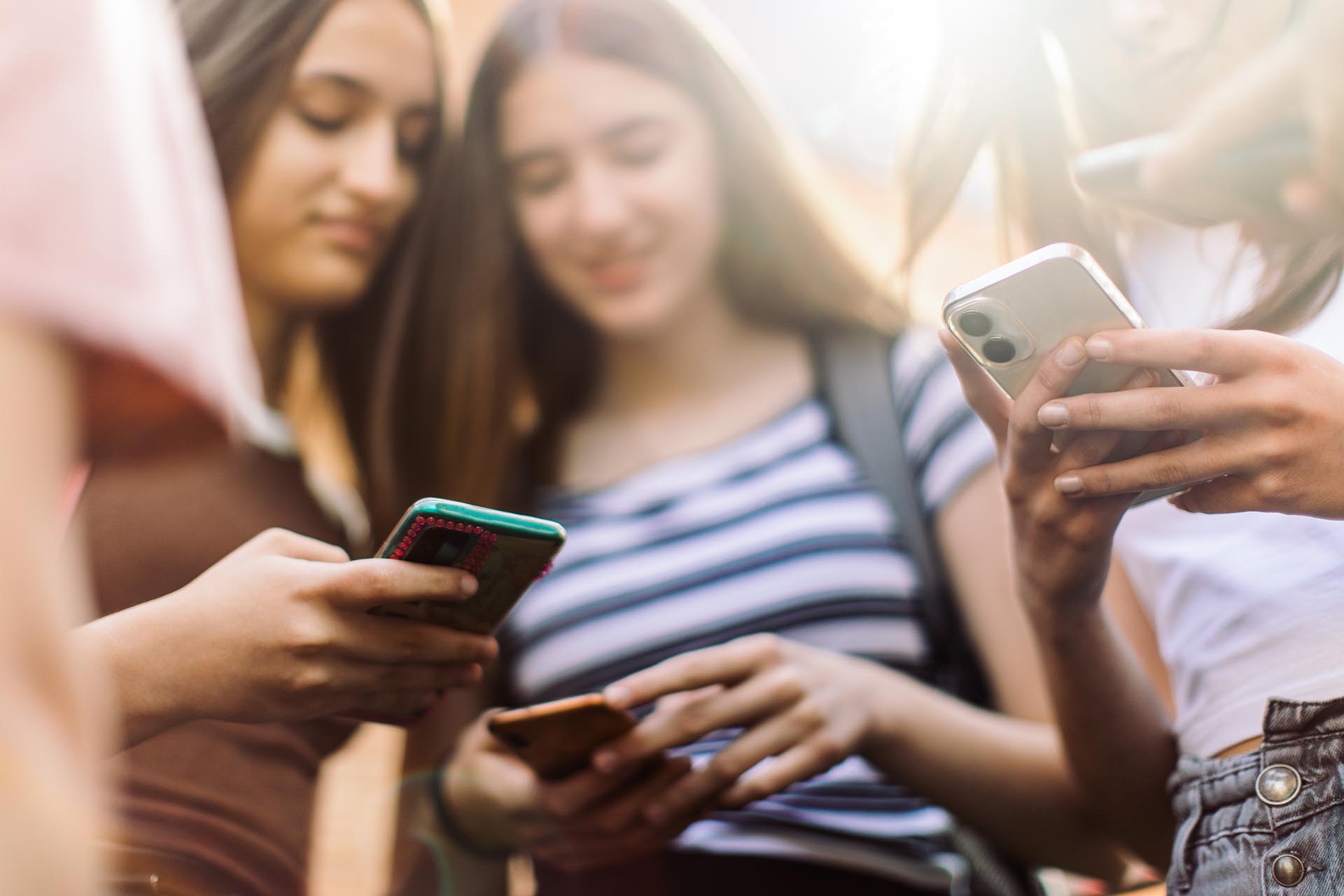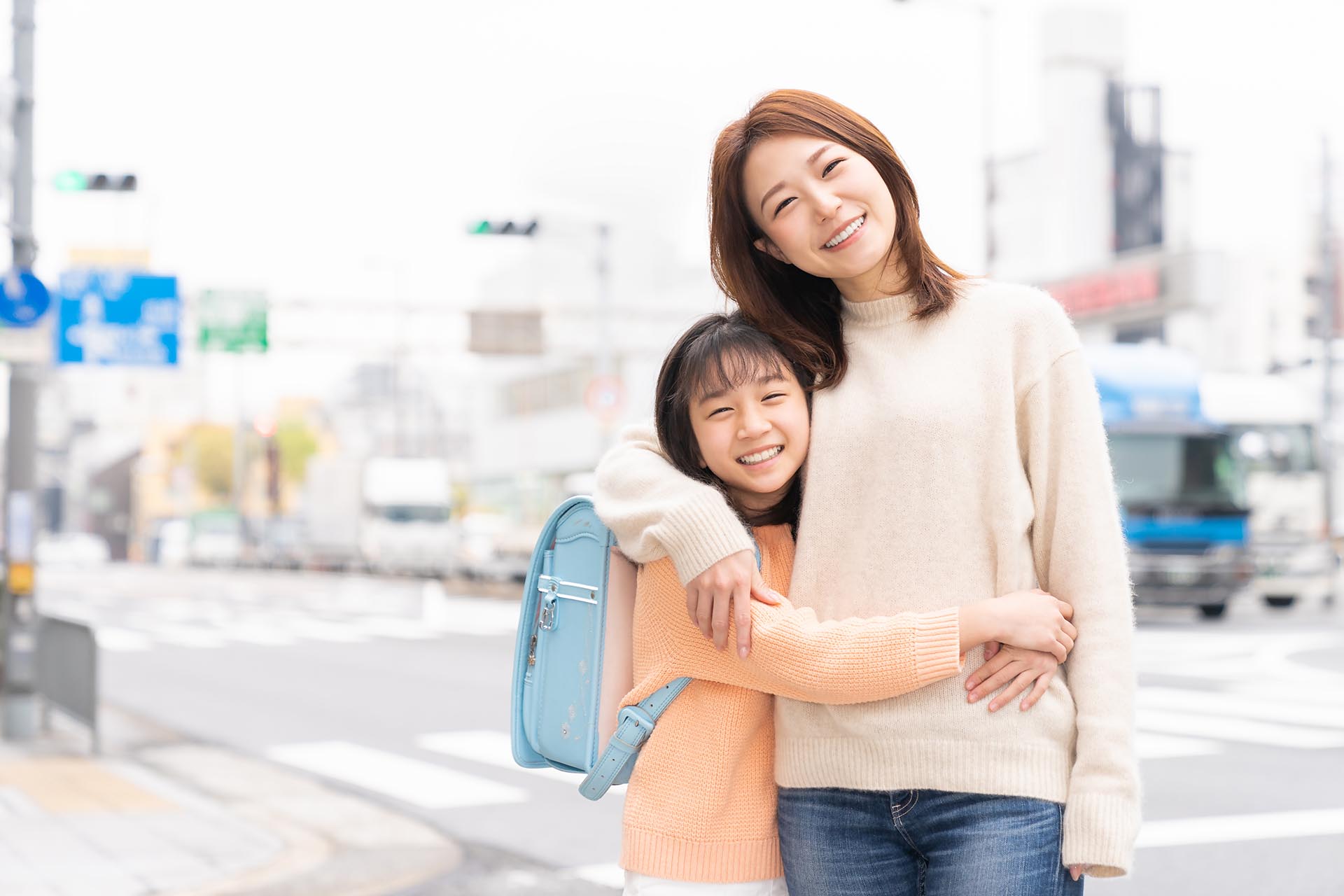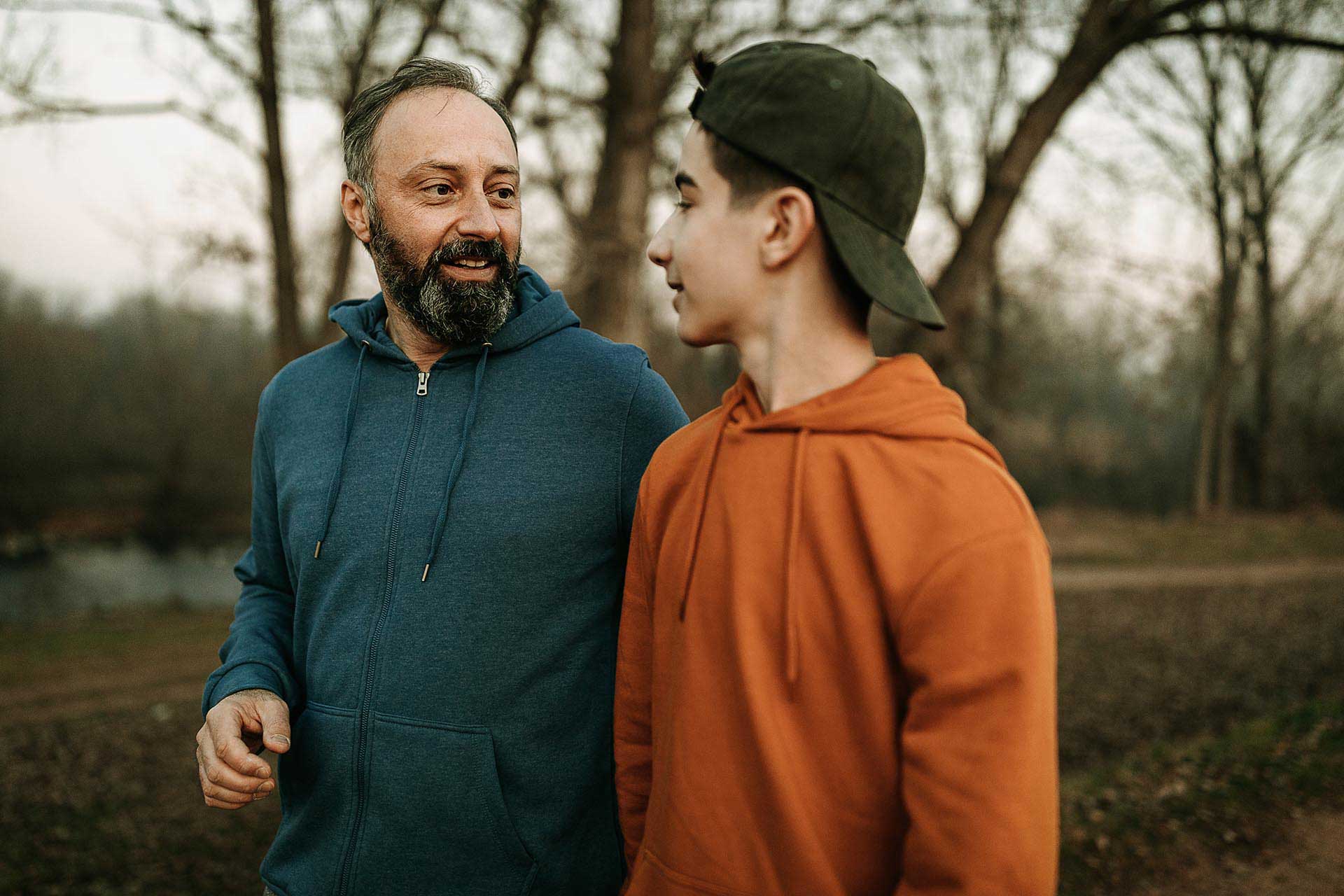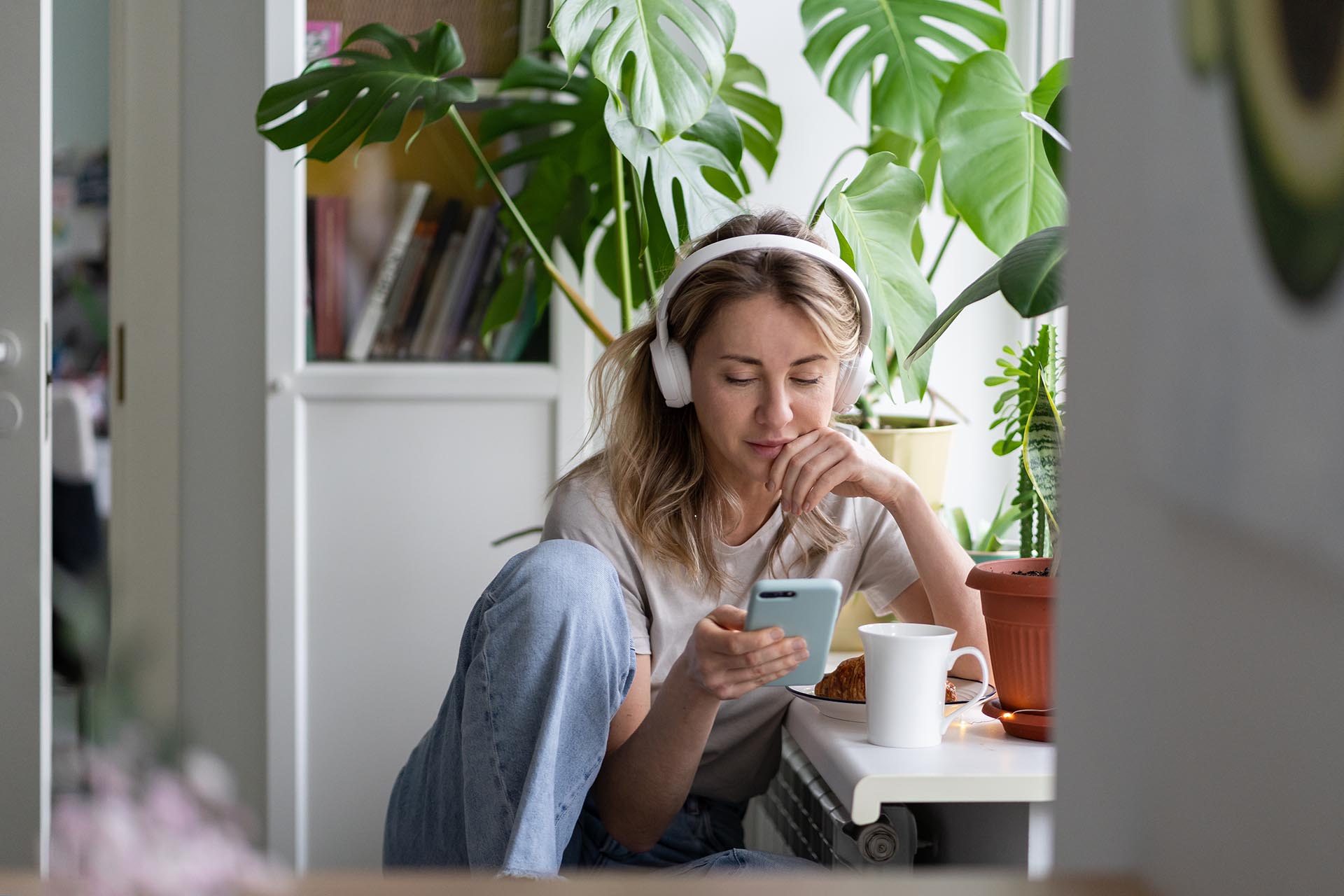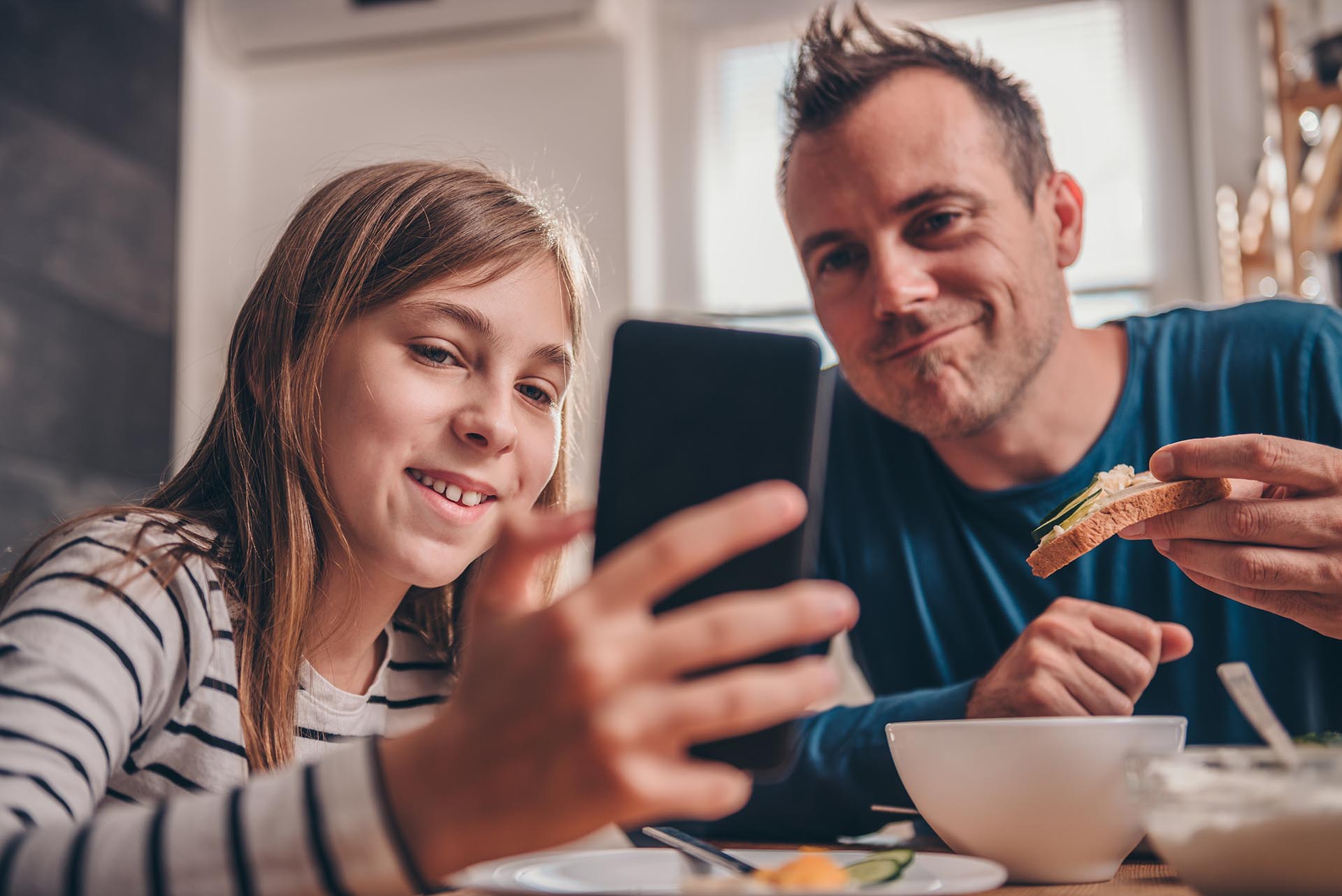A chat with our founders Jenny Ackland + Justine Kiely-Scott

Jenny Ackland

Justine Kiely-Scott
How long have you been teaching?
JA: I started teaching in 1988 but haven’t been teaching consistently since then. I’ve had other things on the boil at various times.
JKS: A long time – over 30 years! I started as a secondary P.E. and English teacher.
What do you like about working with young people?
JA: I like their curiosity and openness to learning. I like their questions too. They’re sincere, often sweet, often funny, and often very smart as they try to work out the world.
JKS: Their willingness to learn, their energy and that fact that no class is ever the same and there’s always something new I learn.
How and when did you move into sexuality education?
JKS: I’ve always loved teaching health and I think it’s super important for young people to get accurate and age-appropriate information. I think my subconscious driver might be that I didn’t get any sex ed from home and very little from school when I was growing up. Being able to talk about bodies, puberty and sex in a calm and respectful way is something young people can learn through sex education classes and discussions at home. When you think about it, if young people get an opportunity to learn and talk about things at school then when it comes to talking to a doctor or health professional it will be much easier.
JA: In the mid to late 2000s. Just by chance, I overheard a sex ed teacher telling another person about her job. Yes, I was eavesdropping. Then I told her if her company was ever looking for someone, that I’d be interested.
Why do you think it's important?
JA: It’s important that young people have access to accurate, relevant, age-appropriate information about themselves, their bodies, other people and the wider world. This means they can make more informed choices. It’s also important that young people (all people) have someone they trust to talk to if they need to. For most kids, this is their parents or other grown-ups they know. I’m more and more convinced this is *key* to young people’s health – physical, emotional and mental.
What do you find challenging about this sort of work?
JA: Some kids don’t engage and don’t want to listen. This is challenging for teachers working in this area – as well as parents and caregivers who are trying to have a chat and pass some info on. But those kids who don’t seem to hear? They are no doubt listening, so it’s not a reason not to try.
JKS: The most challenging thing is reassuring parents that what we’re teaching is age-appropriate and really important. Many parents grew up in an environment where these things weren’t discussed and so they may have no point of reference for talking to their child or teen and are really unsure what ‘sex ed’ looks like in the classroom.
What’s the most satisfying part of this work?
JKS: Seeing young people become more relaxed and confident in the classroom. There is often a level of nervousness before the classes start but after a while, you can see students relax and start to engage with the content and feel comfortable to ask questions and share their ideas.
JA: For me, it’s the idea of making a difference in someone’s life, even in a small but significant way. We have no idea how one thing – one piece of information, one fact, one moment of understanding, about rights or empowerment or the law – can have an impact.
What shocks you in the classroom?
JKS: I think after all my years in the classroom there’s nothing that shocks me. At the end of the day if a student asks a question or makes a comment that is a bit ‘out there’ it’s really important to stay calm and try to understand what they are asking or saying and why. The part I love is coming up with an honest and respectful response. I never want to make a student feel embarrassed or ashamed for asking a question.
JA: I’ve been shocked only a couple of times (but didn’t show it, of course. Poker face, and all that!) Once was when some children asked about fisting and hard-core pornography (this was all in one class). This came up as several anonymous questions so I could tell it was a group of three or four students, and I handled it without reading out the actual questions. I wasn’t shocked really at what they were asking about but I was shocked that it was primary-aged kids who were doing the asking. It was clear they’d heard or seen some stuff they weren’t meant to and it made me fear for young people and worry about their exposure to porn. So without talking about those details, or reading out the questions, I used the moment to talk about technology and the internet and gave our key messages there. And that some of the questions made me realise that some children were either seeing stuff that wasn’t good for them or hearing about stuff that was too old for them. We followed up those sessions with letters home to parents asking them to be alert to what their kids might be viewing on the internet.
What is the weirdest question a child has asked you?
JKS: I remember one secondary student, in an STI and contraception class, asking whether it was true that spraying Lynx deodorant on the penis before sex would prevent a pregnancy.
What’s the funniest question or comment a child has asked/said?
JKS: Sometimes primary school students use words that are close but not quite right like ‘fagina’ instead of ‘vagina’, ‘tentacles’ instead of ‘testicles’ and ‘public hair’ instead of ‘pubic hair’- but that’s not weird, it just makes me smile.
What’s the funniest question or comment a child has asked/said?
JKS: Sometimes primary school students use words that are close but not quite right like ‘fagina’ instead of ‘vagina’, ‘tentacles’ instead of ‘testicles’ and ‘public hair’ instead of ‘pubic hair’- but that’s not weird, it just makes me smile.
What was your own sexuality education like?
JKS: Pretty much non-existent. I’m one of five children (four girls and a boy) and nothing was talked about at home. I learnt about periods and puberty from friends and what we all gleaned from Dolly Doctor. We had no classes in primary school and a few ad hoc classes in secondary school.
JA: My mother was open and we knew we could ask questions. We also had the books What’s Happening to Me and Where Did I Come From? In school, there was nothing at primary school. I remember thinking sex was a man doing wee inside a woman. Then at secondary school, it was no doubt in science, about reproduction only, with nothing about relationships or consent or feelings or respect. My friends tell me we did cover reproduction but I don’t remember it.
What do you think has changed around the culture of sexuality and health education since you were young? Are things different now?
JKS: So much has changed. People are much more open now and aware of how important this education is even if people feel a bit awkward about it. There’s lots of information and help for people and great books, websites and organisations that can support schools, parents and young people.
What do movies and pop culture get wrong about relationships?
JA: The Disney princess trope is responsible for perpetuating the idea of the one perfect person and the happy ending. It’s a hard lesson but teens need to know that the first love is unlikely to be the last, that those feelings with first love are super intense, and that mixed with hormones can make for a very unstable time. That it’s normal to feel out of control and alone with much of it.
JKS: They are always full of drama and conflict but ultimately a happy ending. In movies people don’t talk about sex before they have it or talk about boundaries and whether they have protection for safe sex. How much talk of condoms or safe sex do we see in mainstream media? Do any characters worry about unintended pregnancy or STIs? I can’t think of one! Most sex is heterosexual and often focussed on sexual intercourse (penis & vagina sex) which is always seamless and amazing. What’s more, most people wake up in the morning with perfect hair and women ALWAYS wear really fancy matching bra and undies.
What’s a favourite part of this work that you didn’t expect, or others wouldn’t think of?
JA: What I didn’t expect was the level of satisfaction and pleasure I get from working with parents and caregivers. Grown ups who are raising children can really start to struggle when things change, from puberty onwards. Children are beginning to develop and individuate, and that means sometimes there are challenging behaviours, with formerly compliant or ‘easy’ kids becoming not so. Giving parents reassurance and some strategies to help them build confidence to know what is normal and what isn’t, what is ok and what isn’t, to answer tricky questions and behave in ways that show they are there for their kids, and happy to talk – even about the hard stuff – is not something I thought about when I began this work.
How does being a parent affect your teaching?
JKS: This is a good question. I’m not sure I’ve done a great job with my kids and I am learning all the time. I’m great at talking to a class full of students but when it comes to talking to my own kids there is a level of awkwardness. I’m not sure how thrilled they are that their mum is a sex ed teacher. They do know that they can come to me with questions and know I’m open, but I’m always on the lookout for helpful ways to bring up certain topics, initiate teachable moments and get a conversation started. What I’ve learnt though, is that you can have all the great conversations in your head but unless you actually have them they are useless. So, sometimes I just rip the Band-Aid off and dive in and it’s never as awkward as I anticipated. They might not say much but I know they are listening.
If there was only one piece of knowledge you could make sure young people would come away with, what would it be?
JA: To talk to someone if you need to – when things go wrong, when you’re unsure when you’re feeling big emotions.
JKS: That it is okay to talk about bodies and it’s really helpful if they have a trusted adult they can talk to or ask questions. Clear ideas about consent are crucial and the idea that anything sexual is meant to be pleasurable, mutual and safe for the people involved.
